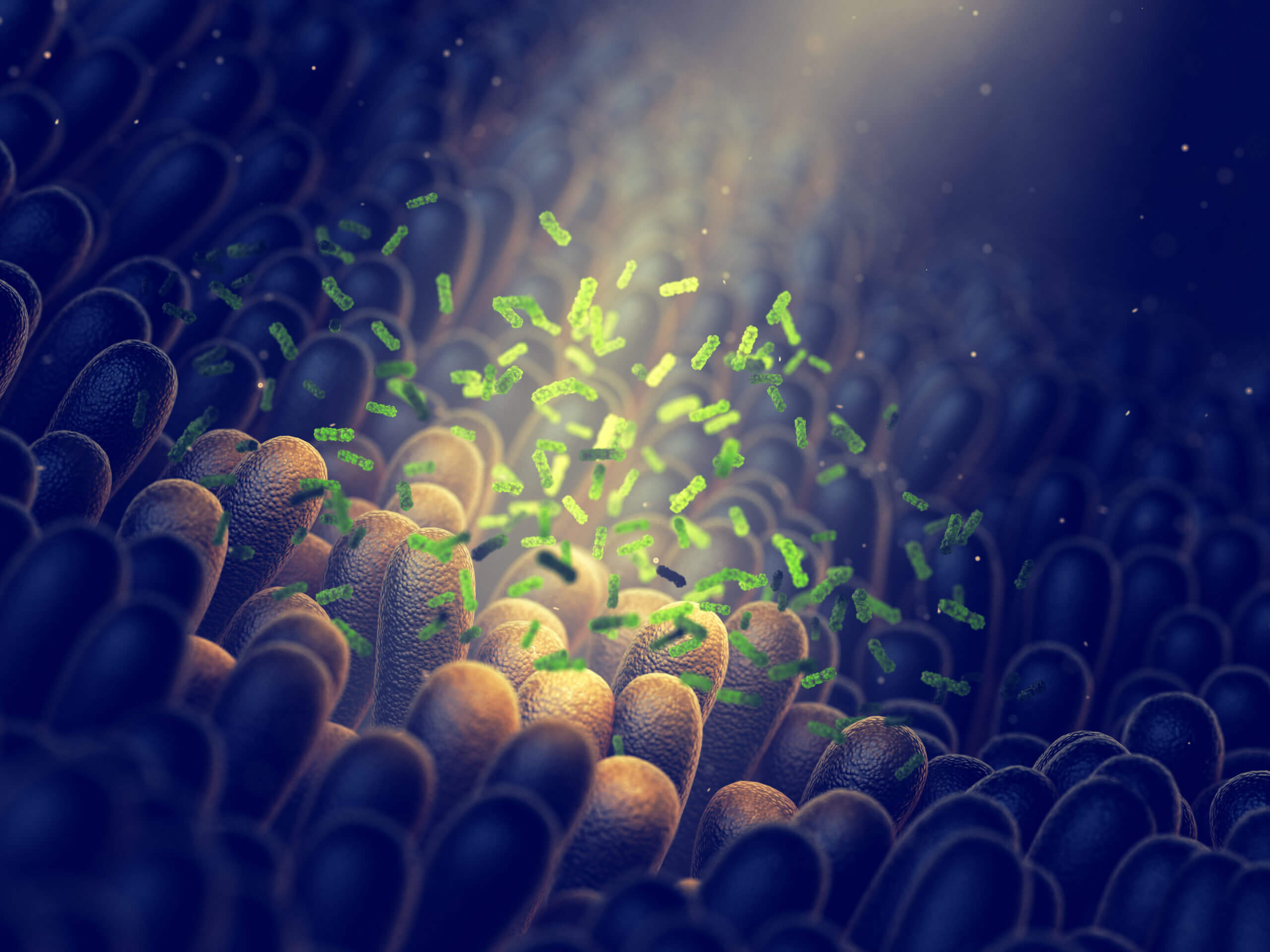Scientists have found a link between the gut microbiome and symptoms of autism spectrum disorder. Bacterial changes in the stomach can predict behavioral fluctuations among patients, according to a study out of the University of Colorado.
Autism spectrum disorder is a developmental condition that impacts the nervous system. Children with the condition can show a wide range of symptoms from social struggles to delayed speech and obsessive behaviors. Now researchers could be the gut could play a key role in the disorder.
“Longitudinally, we were able to see that within an individual, changes in the microbiome were associated with changes in behavior,” says principal study investigator Catherine Lozupone, PhD, a microbiologist a the University of Colorado’s Anschutz Medical Campus, in a media release. “If we are going to understand the link between the gut microbiome and autism, we need more collaborative efforts across different regions and centers to get really thorough generalizable information about this relationship.”
Is autism risk greater depending on where you live?
Researchers compared the gut microbiomes of patients diagnosed with autism to other “neurotypical” individuals. The team conducted their research in two locations, Colorado and Arizona. Interestingly, participants’ gut bacteria differed greatly depending on which state they lived in. Moreover, autistic individuals from Arizona displayed significantly more gastrointestinal symptoms.
When researchers controlled for location, they discovered the gut microbiome has a significant connection with autism. However, when the team considered gastrointestinal symptoms, the findings didn’t hold up. Study authors also tracked participants’ behavioral and microbiome changes over a period of a few months.
“We reached out to study participants every three months or so and had them fill out a number of checklists, one being the aberrant behavior checklist which looks at behaviors that are associated like inappropriate speech and repetitive motions,” Dr. Lozupone explains. “A food frequency questionnaire asked participants what they were eating in the past week. We also asked what types of GI symptoms participants were experiencing. We obtained fecal samples to look at the microbiome. We collected all this data to see how it related to each other.”
Your stomach makeup can impact social interactions
That long term research revealed changes in autistic individuals’ social tendencies, such as lethargy and social withdrawal, correlated with the timing of various bacterial fluctuations in the stomach. Furthermore, a drop in microbiome diversity revealed a link to subsequent “worsening of inappropriate speech.”
“We need more research, but our work shows that the gut microbiome is playing a role in the provocation of symptoms in kids with autism spectrum disorder,” Dr. Lozupone concludes. “This further supports the fact that the gut microbiome could be a valuable therapeutic target for children with autism spectrum disorders. I know that some labs have been exploring things like fecal microbiome transplant in these children and having some promising results.”
One in 54 children in the United States are diagnosed with autism spectrum disorder. The CDC says boys are four times more likely to develop autism than girls.
The study appears in the journal mSystems.
